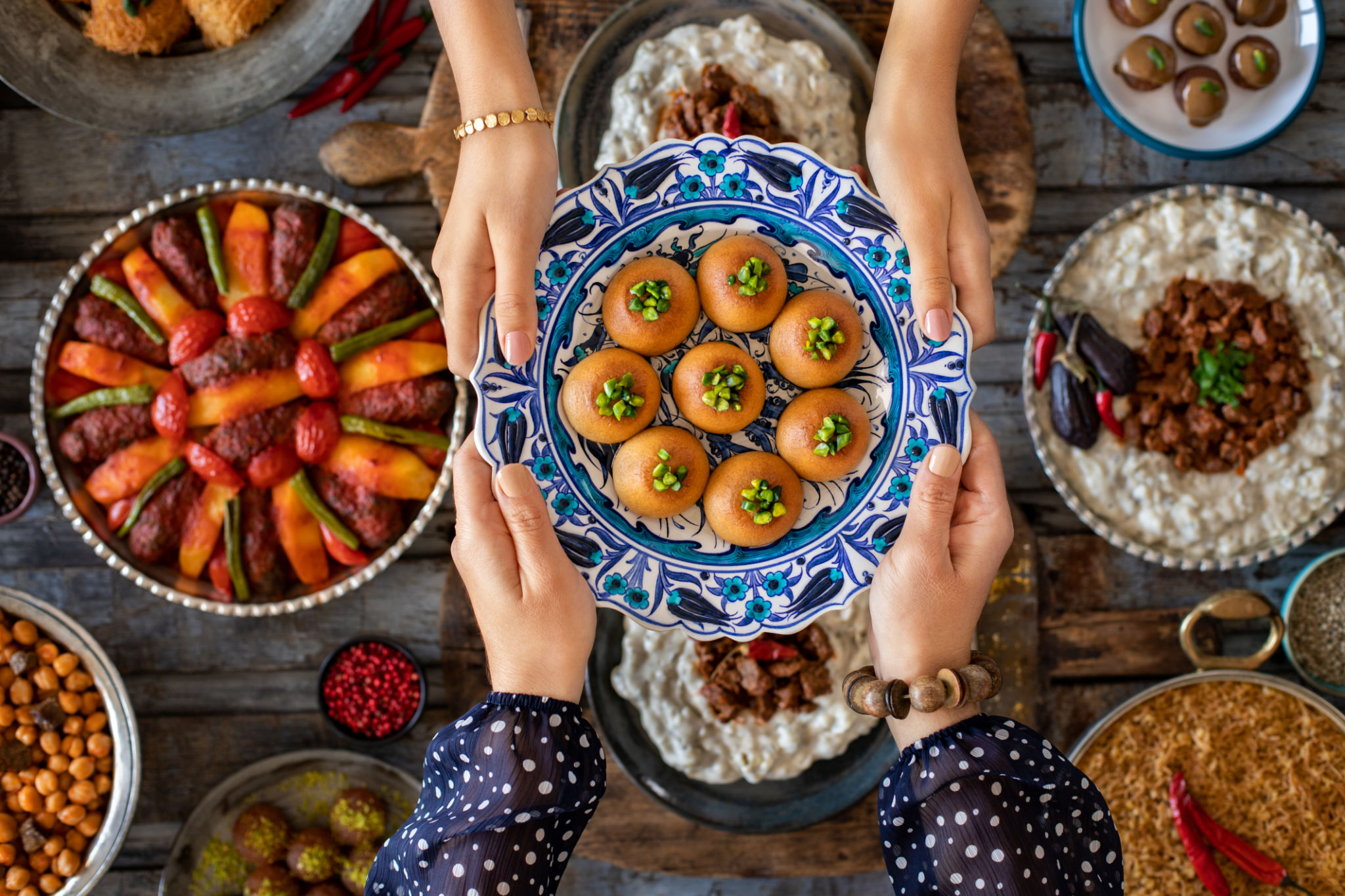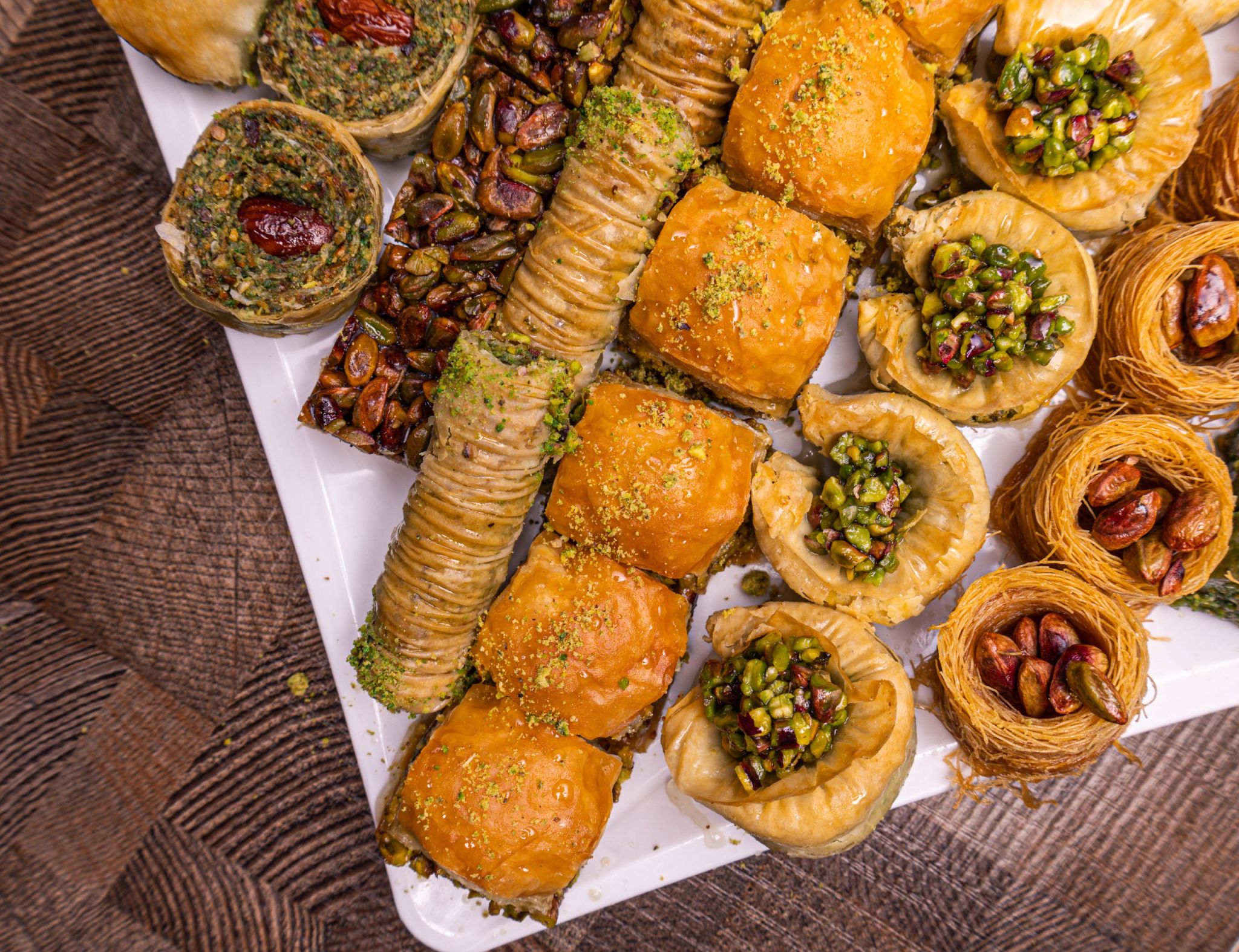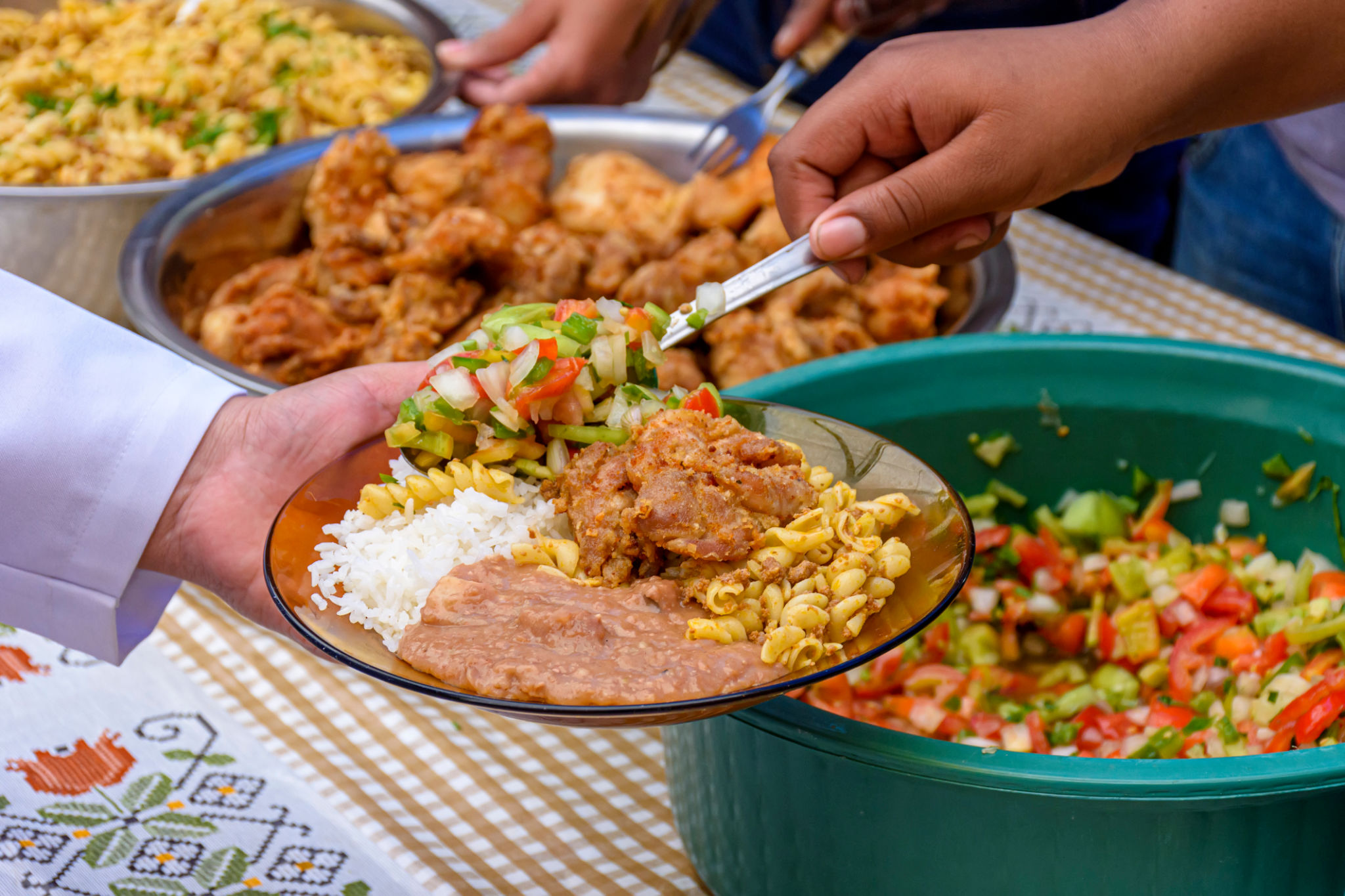The Cultural Significance of Palestinian Desserts and How They Connect Us
The Sweet Essence of Tradition
Palestinian desserts hold a special place in the hearts and homes of those who cherish the rich tapestry of Middle Eastern culture. These sweet treats are more than just culinary delights; they are vessels of history, tradition, and familial bonds. The preparation and consumption of these desserts are often communal activities that bring families together, fostering a sense of unity and belonging.
In Palestine, desserts are an integral part of celebrations, from weddings and religious holidays to family gatherings. Each dessert tells a story, with recipes passed down through generations. This tradition preserves not only the ingredients and techniques but also the cultural narratives that accompany them.

A Symphony of Flavors
The diverse array of Palestinian desserts includes well-known favorites such as Kunafa, Baklava, and Ma'amoul. Each dessert is a harmonious blend of flavors, often combining sweet and savory elements to create a unique taste experience. Kunafa, for instance, features layers of shredded phyllo dough filled with cheese or nuts and soaked in a fragrant sugar syrup. This balance of textures and flavors is a hallmark of Palestinian sweets.
Another popular treat is Baklava, a dessert made of thin layers of filo pastry filled with nuts and drenched in honey or syrup. Its rich, buttery flavor and flaky texture make it a favorite at any gathering. Meanwhile, Ma'amoul, a shortbread pastry filled with dates, walnuts, or pistachios, is traditionally prepared during Easter and Eid, symbolizing joy and festivity.

Bridging Generations
The cultural significance of these desserts extends beyond their delicious taste. They serve as a bridge between generations, connecting the young with their ancestors through shared culinary practices. As families gather to make these sweets, stories of past generations are shared, cultivating a deep appreciation for heritage and identity.
This connection is vital in maintaining a strong sense of cultural identity, especially for those living in the diaspora. Palestinian desserts provide a tangible link to their homeland, fostering a sense of nostalgia and belonging, no matter where they are in the world.

Unity Through Shared Experience
Palestinian desserts also play a crucial role in promoting unity within communities. Sharing these sweets during festivals and social events strengthens social bonds and encourages cultural exchange. In multicultural settings, introducing these delicacies to friends and neighbors fosters mutual understanding and appreciation for diverse traditions.
The act of sharing food is a universal gesture of goodwill and hospitality. When people come together to enjoy Palestinian desserts, they partake in a tradition that transcends boundaries and brings people closer together.

Preserving Cultural Heritage
In today's fast-paced world, preserving traditional culinary practices like those of Palestinian desserts is more important than ever. These sweets serve as a reminder of the importance of cultural heritage in shaping identities and fostering community ties. By keeping these traditions alive, we honor the past while enriching our present and future experiences.
Engaging with these culinary traditions offers an opportunity to explore and celebrate the rich cultural heritage of Palestine. It encourages younger generations to embrace their roots while inviting others to experience the beauty of Palestinian culture through its delectable desserts.
